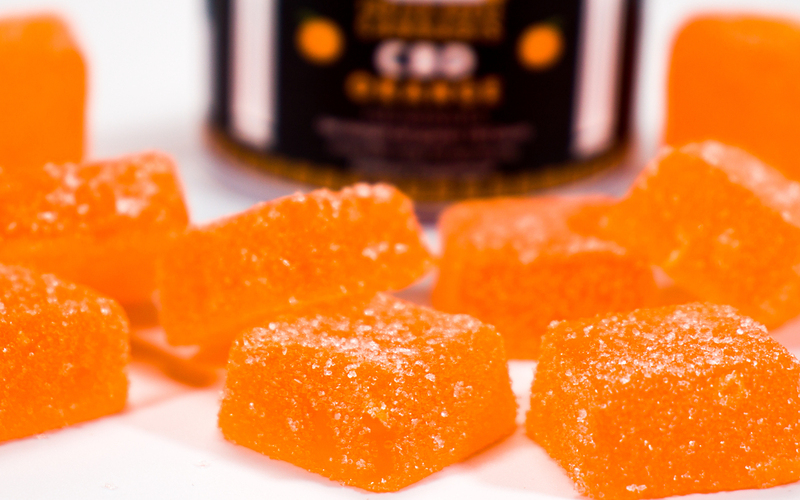After hemp overproduction matched a lack of demand for CBD due to the FDA’s position on the compound, the hemp industry was in dire straits before some innovative chemists created an industry savior: Delta-8-THC.
Delta-8-THC, an isomer created by manipulating CBD isolate, had a slightly intoxicating effect similar to delta-9-THC in consumers.
And although the effects are about 30% as potent as delta-9-THC, the industry realized delta-8 would allow them to send THC over state lines.
Today, many retailers claim a large percentage of their revenue comes from delta-8 products. “We’ve realized that our customers need some THC with their CBD to encourage the entourage effect, and our customer’s buying habits support that idea. Currently, more than 55% of our sales come from delta-8 products,” says Nick Pione of Trek CBD in North Carolina.
However, states have a growing concern that the delta-8 isomer created from CBD is not the same isomer the plant makes (to see why this can be an issue, read up on Thalidomide).
States have also realized the processes used to make delta-8 also creates hundreds of unknown isomers making their way into products.
As such, several states have banned the production and/or retail sales of delta-8 consumer products, leaving retailers at the edge of bankruptcy yet again.
Some in the industry feel the solution lies in making more isomers.
However, Chris Fontes, CEO of Trojan Horse Cannabis, disagrees.

“Delta-10, THCP, and other isomers are already being banned along with delta-8, so creating more isomers isn’t going to help to get products on shelves,” says Fontes. “Instead of chasing the next hot isomer, we’ve decided to go back to naturally derived delta-9.”
Delta-9-THC is the original THC that has made cannabis popular since the dawn of time, and so long as it is hemp-derived and under 0.3% THC, all full-spectrum CBD products on the market today have some amount of legal delta-9 in them already (a full-spectrum, 25 milligram CBD gummy will have somewhere around 1 milligram in it).
The folks at Trojan Horse Cannabis decided to run the numbers.
“It turns out you only need 3.34 grams of dry weight to hit 10 milligrams of delta-9 and still be under the 0.3% limit,” says Fontes. “Our dummies have a dry weight of 4.5 grams usually, meaning we can pack 13.5 miligrams of THC into each gummy and be legal.”
Erring on the side of caution and citing a lack of standards across testing, Fontes says they try to stay around 0.2% THC by dry weight instead of pushing the limits.
This standard keeps distributors, retailers, and consumers alike clear of the limit.

“We’re signing up retailers quickly, and in states where delta-8 has been banned, they are reporting our product is literally saving their business,” Fontes said.
Fontes feels their concept will be “the next big thing.” Time will tell, but going back to basics with delta-9 could be the path forward for retailers.
Author
-
Ebby Stone is a freelance writer specializing in cannabis, with a focus on the innovators and businesses shaping the industry.







